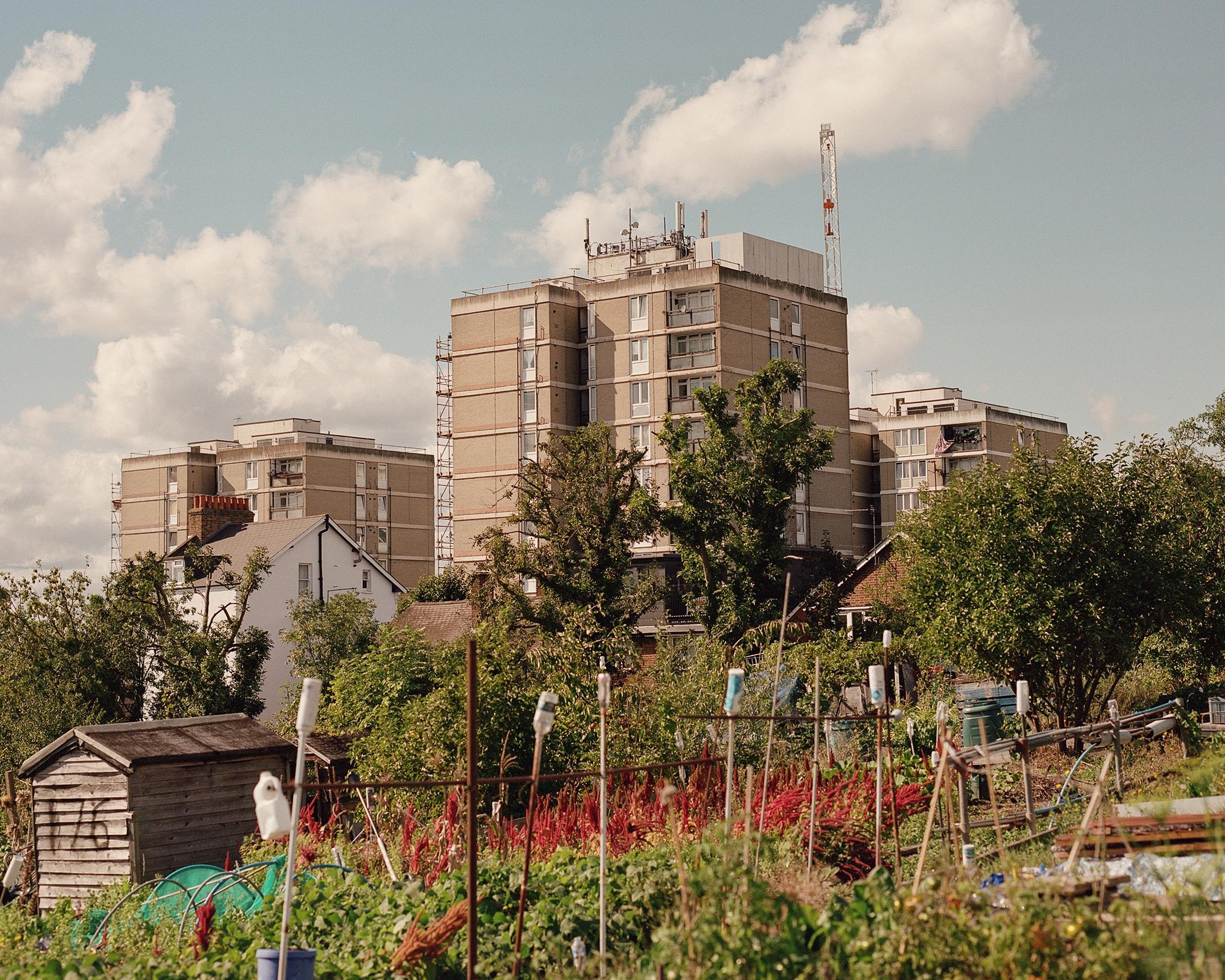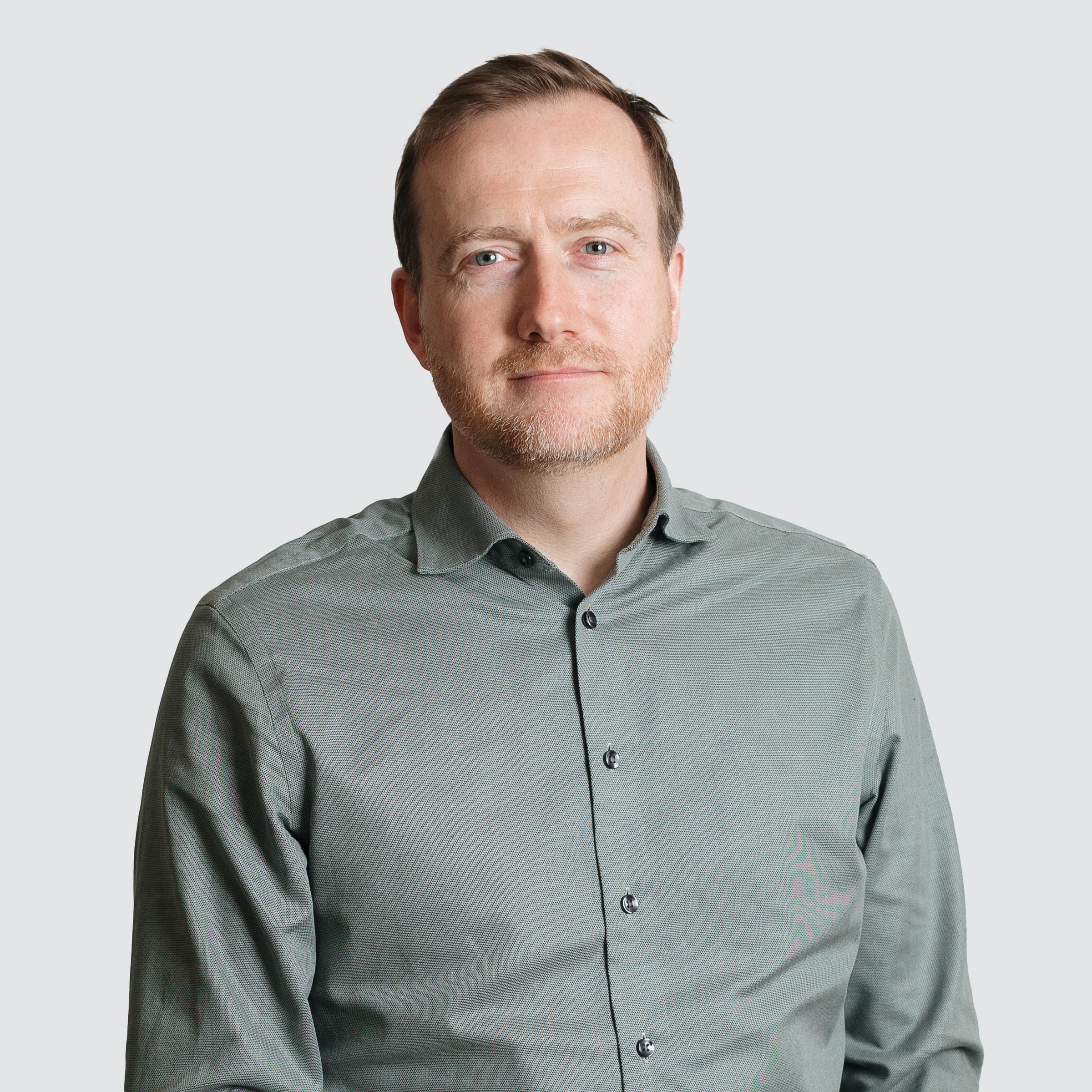CEO blog - it's vital we build strong communities and solve poverty
The art of the possible has shifted dramatically this year - we have a responsibility to build on this, to shape a consensus that solving poverty is both right and possible.
The mission of the Joseph Rowntree Foundation and Housing Trust is to ensure that everyone in the UK has a decent home, a good living standard and good prospects. These goals are why I joined the organisation as Group Chief Executive in September, they are what motivate our people to do their best work every day, and they inspire numerous organisations and individuals to collaborate with us.
It is a mission with deep roots. Speaking to us from 1904, Joseph Rowntree urged us to focus not on the ‘superficial manifestations’ of poverty, but on its deeper, underlying causes. And while Joseph identified priorities relevant to the causes of poverty in his own time, he also recognised the impossibility of predicting the particular challenges of future generations. Recognising that solving poverty is both a timeless mission and an ever-changing challenge, he warned that ‘new occasions teach new duties’, and that we must be free to adapt ‘to the ever-changing necessities of the nation’.
Never more relevant than now
In this extraordinary, and tragic, year of COVID-19 we have seen the art of the possible shift dramatically. Government interventions that would have been deemed impossible at any other time have been forthcoming. Opinions and attitudes towards social security appear to be shifting. People have recognised the insufficiency of welfare support to help people through difficult times. The value we place on some of our lowest-paid workers, the unsung heroes of our society, has been brought to the fore. Meanwhile, pre-existing trends affecting how we work, live and consume are accelerating. We face a rising tide of poverty and destitution, with heightened risks in the labour market.
Four key roles
How can the Joseph Rowntree Foundation and Housing Trust best meet these ‘ever changing necessities’ in the years ahead? Over recent months I have spent time listening to people inside and outside the organisation about how we might adapt, while building on our strengths. As we prepare to set a new strategy for 2022 onwards, I believe we have four roles to play as a ‘social change organisation’:
- Providing services: the Joseph Rowntree Housing Trust provides housing and care services for thousands of people in York and the region. This year, the challenge of COVID-19 has shone a spotlight on just how important these services are, and the difference they make to the lives of individuals and families. This work is where our deepest and proudest history lies, starting on the streets of New Earswick over a century ago, and extending through decades of development and innovation, including landmark projects like Hartrigg Oaks and Derwenthorpe. It has a proud future ahead; as we build 1,000 new affordable homes over the coming decade, we will once again, quite literally, be building empowered communities.
- Deepening knowledge and shaping national policy: the Joseph Rowntree Foundation should be an authoritative national voice on the nature, extent and causes of poverty in the UK in the 21st century. But we have never aimed merely to understand poverty; our role has always been to solve it. Creative, ground-breaking policy development is a key part of our role as a social change organisation. In the years ahead we must aim to combine superb research and analysis with bold policy design - deepening knowledge in our areas of expertise, while challenging and supporting policymakers to make urgent and clear progress towards solving poverty.
- Creating solutions through innovation: we need to show the world that change is not just necessary but that it is possible. In the words of Buckminster Fuller “You never change things by fighting the existing reality. To change something, build a new model that makes the existing model obsolete”. To achieve this, we need to work with other agents of change including local government, public services, employers, NGOs, foundations, and community groups. We need to identify the hopeful visionaries, often far out of sight of Westminster, who are already building promising new models to tackle some of our most urgent and complex challenges and help to create momentum around them. We need to show what ‘inclusive growth’ looks like – not just on a page, but in communities. This is hard and messy work. It requires tenacity and humility. It involves trial and error. It is a long haul. But there are many partners out there for us to work with and the urgency to solve chronic social problems has rarely been more apparent.
- Shifting public and political will: finally, we need to build the public and political will to create more demand for change at every level. We have seen this year a renewed, compassionate focus on what it means to be a just society, and a recognition that many people, trapped by poverty, deserve a better deal than they have been getting. As a social change organisation, we have a responsibility to build on this, and shape a consensus that solving poverty is both right and possible.
Lived experience - vital in solutions
All of this must be shaped by people experiencing poverty now. Nobody understands better the challenges of living in poverty; nobody knows better where the solutions might lie; nobody can give better voice to the need for change. Our analysis and research must be grounded in the day-to-day experience of those living in poverty. Creative solutions to poverty cannot be ‘our’ solutions: they must be solutions developed with people with lived experience. We must work with people living in poverty to amplify their voice to influence public and political will. Just as in all our community services – including housing and care – the tenant or resident voice should be the driving force of our work.
This, perhaps more than anything else, is the acid test of whether we are succeeding as a ‘social change organisation’.
Help us achieve our mission
This may seem a very stretching vision for our organisation and our partners. But I cannot reconcile the idea of ‘dialling down’ our ambition with the urgency of our mission and the considerable resources and talent we have available to make progress.
During 2021, as we start planning for the next stage of our work, we will need your help to maximise our chances of success. Whether as partners or by joining our new senior leadership team your insights will be crucial to helping us turn these aspirations into a credible strategy.

This comment is part of the neighbourhoods and communities topic.
Find out more about our work in this area.
